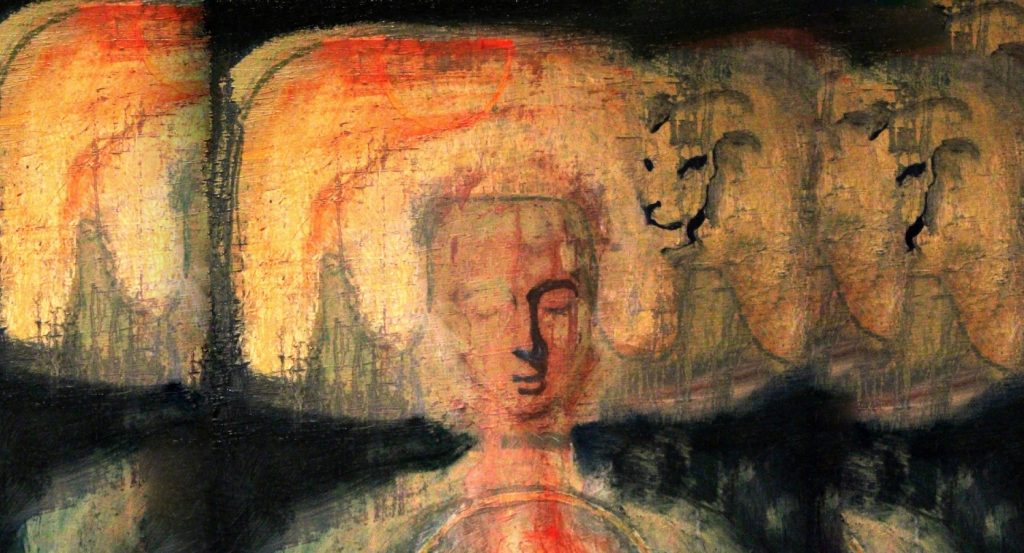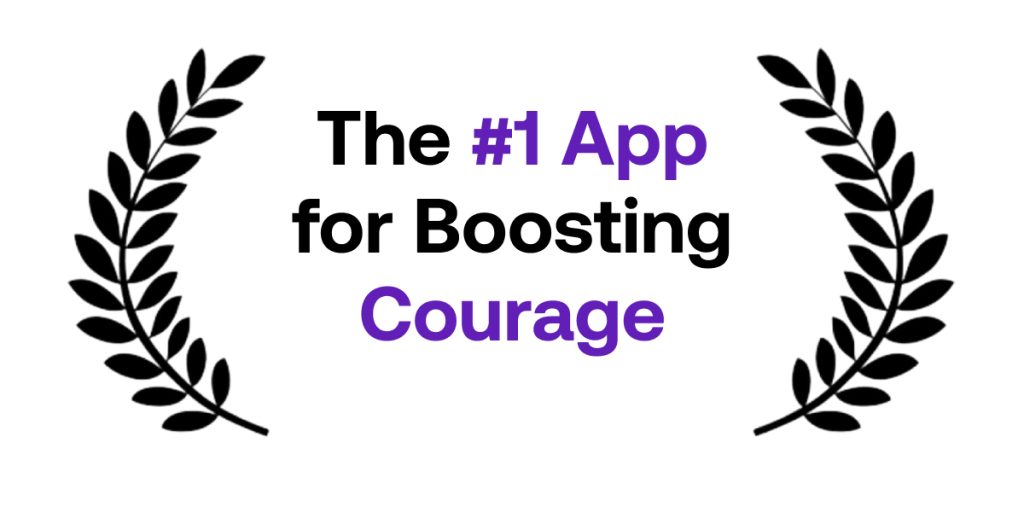In today’s politically charged world, staying calm and composed can feel like an uphill battle. The constant barrage of news, heated debates, and uncertainty can easily lead to stress and overwhelm. However, just as a martial artist faces an opponent with poise and preparation, we too can cultivate mental fortitude to navigate these challenges with confidence and focus.
Mental fortitude—the ability to stay strong and resilient under pressure—is not a trait reserved for the battlefield or the dojo. It’s a skill that anyone can develop, and it starts with the right mindset. By integrating martial arts-inspired strategies into our daily lives, we can learn to manage stress, stay centered, and take purposeful action, no matter the external chaos.
What Is Mental Fortitude?
Mental fortitude is the ability to maintain a strong, steady mind in the face of adversity. It’s about staying composed, focused, and resilient, even when the world around you feels uncertain or overwhelming. This inner strength allows you to confront challenges head-on, adapt to changing circumstances, and remain true to your values.
In martial arts, mental fortitude is cultivated through discipline, practice, and a mindset of perseverance. Practitioners learn to stay calm under pressure, recover quickly from setbacks, and approach each challenge with unwavering determination. These same principles can help you build the resilience needed to thrive in a politically charged environment.
Warrior Strategies for Building Mental Fortitude
1. Visualization: Seeing Success Before It Happens
In martial arts, visualization is a powerful mental tool. Fighters often visualize themselves executing techniques perfectly or emerging victorious in a match. This mental rehearsal not only builds confidence but also prepares the mind to handle real-world challenges.
Practice: Spend a few minutes each day visualizing yourself navigating stressful situations with confidence. Whether it’s a difficult conversation or an overwhelming news cycle, imagine yourself staying calm, focused, and composed.
2. Mental Rehearsal: Prepare for the Unexpected
Martial artists frequently engage in mental rehearsal to anticipate their opponent’s moves and prepare their responses. This practice helps them stay a step ahead, even in unpredictable situations. In the context of daily life, mental rehearsal can help you feel more prepared for high-pressure scenarios.
Practice: Before a potentially stressful event, mentally walk through the situation. Think about what you might encounter and how you’ll respond with calm and confidence. This preparation can reduce anxiety and enhance your performance.
3. Embracing Controlled Breathing
Breath control is a cornerstone of martial arts training. When faced with a high-pressure situation, a martial artist uses deep, controlled breathing to stay calm and maintain focus. This technique is equally effective in reducing stress and anxiety in everyday life.
NEW! Put the principles from this article into practice with the free courage-boosting MaArtial app on the App Store for iOs and Play Store for Android.
Practice: Try the 4-7-8 breathing technique: inhale for 4 seconds, hold for 7 seconds, and exhale for 8 seconds. Use this method whenever you feel overwhelmed to quickly regain a sense of calm.
4. Focus on What You Can Control
In martial arts, practitioners learn to focus on their own movements and strategy, rather than what their opponent might do. This principle teaches us to direct our energy toward the things we can control, rather than wasting it on external factors beyond our influence.
Practice: Identify what’s within your control—your actions, your responses, and your mindset. Let go of the need to control external events, and focus instead on your own growth and resilience.
5. Develop Emotional Detachment
A martial artist doesn’t let emotions cloud their judgment. They remain detached, observing their opponent’s moves objectively and responding with precision. This kind of emotional detachment can help you stay level-headed during heated political discussions or while consuming stressful news.
Practice: When emotions rise, pause and observe them without judgment. Acknowledge your feelings but don’t let them dictate your actions. This practice helps you respond thoughtfully rather than react impulsively.
6. Strengthen Your Inner Dialogue
In the heat of competition, self-talk can make or break a martial artist’s performance. Positive, empowering inner dialogue helps them stay focused and confident. Similarly, cultivating a strong inner voice can help you maintain your mental fortitude in challenging situations.
Practice: Replace negative thoughts with affirmations like “I am capable,” “I can handle this,” or “I remain calm under pressure.” Consistent practice can shift your mindset and reinforce your resilience.
Becoming Unshakable in a Turbulent World
Building mental fortitude is like training for a martial arts match—it requires discipline, practice, and a commitment to growth. By incorporating visualization, mental rehearsal, controlled breathing, and a focus on what you can control, you can cultivate the inner strength to navigate even the most stressful environments with confidence.
Remember, mental fortitude isn’t about ignoring the chaos around you—it’s about facing it with calm and clarity. With each practice, you’ll become more resilient, more confident, and more prepared to handle whatever comes your way.
Take the first step on your journey to mental fortitude today. Download the free MaArtial app on the App Store or Google Play for daily affirmations, guided visualizations, and expert strategies designed to help you stay strong and centered in any situation.














